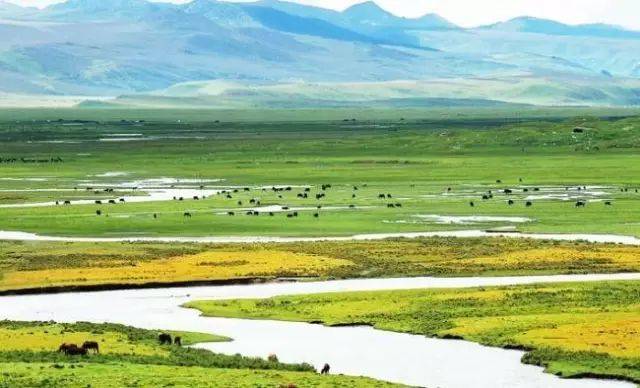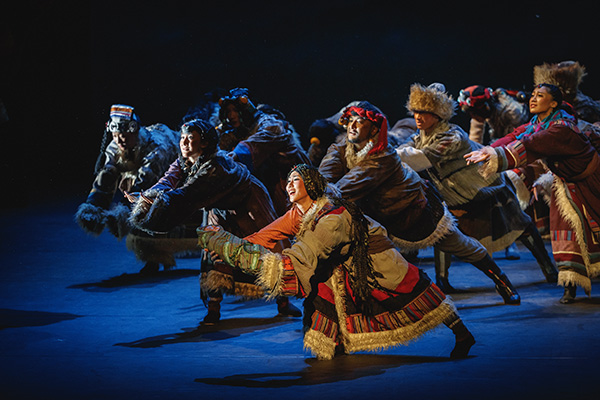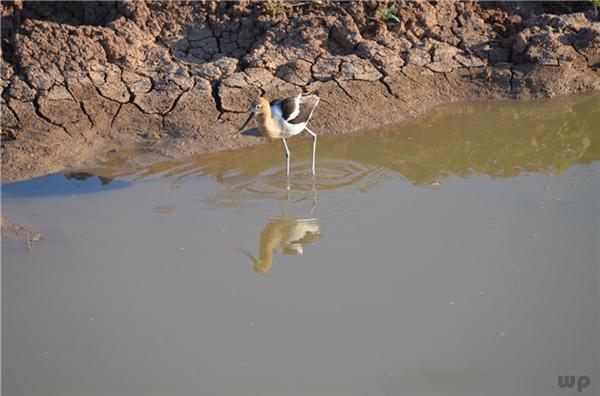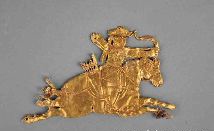2019 Hong Kong thangka artist internship program starts in Qinghai
"Thangka is an encyclopedia of Tibetan culture. It contains not just Buddhism, but different fields such as history, politics, culture, and social life. Coming to Regong, Qinghai, I hope to follow the masters and learn different techniques for thangka painting and experience the precious folk art," Huang Keqing, who comes from the Department of Arts Education at the Education University of Hong Kong, said during an interview on June 25.
On the same day, the "2019 Thangka Workshop: Thangka Artists Internship Program" was launched in Tongren County, northwest China's Qinghai Province. 13 students from Hong Kong will undergo a 40-day thangka study. During this time, the students from Hong Kong can also conduct art exchange with thangka artists in addition to studying thangka painting.
Tongren County, located in the Huangnan Tibetan Autonomous Prefecture, is also known as "Regong", meaning the "Golden Valley" in Tibetan Language, and it has the reputation of being China's "hometown of Tibetan painting". The local Regong art, of which thangka is the leading form, was listed by UNESCO as a human intangible cultural heritage item in 2009.
Wu Hanzhong, chairman of the Qinghai-Hong Kong Youth Exchange Promotion Association, said that thangka is a unique form of painting in Tibetan culture. To this end, he wants more students from Hong Kong to come and learn the details about traditional culture and Tibetan Buddhism in China, which includes thangka painting.
"In 2016 and 2017, we organized students from Hong Kong to come to Tongren County to study thangka painting. All the students have completed a thangka painting on their own, and after returning to Hong Kong, they exhibited their own works at the Hong Kong Cultural Center, which attracted many visitors who admired and inquired about the works," Wu Hanzhong said. This year's third group of Hong Kong students coming to study aims to strengthen cultural exchange between Hong Kong and Qinghai, with thangka painting as an intermediary.
Kuang Wanchun, who graduated from the Visual Arts Institute of Hong Kong Baptist University, told reporters from China News Service: "As an oil painter, I expect that I can present the traditional aesthetic concept in a contemporary form. Thangka traditionally uses strong colors, so I came to learn thangka painting to explore the use of color. Secondly, I want to come into contact with more Buddha statues, portraits, and architectural shapes. I believe these will be my sources of inspiration and inspire me to create."
Wu Hanzhong said: "I organize studies each year, and I hope the young people of Hong Kong will come to the true birthplace of thangka to learn about Regong culture, so that they can have a more intuitive understanding of Tibetan Buddhist culture. Giving the youth of Hong Kong some kind of gain is our greatest vision."
Editor: Tommy Tan.
Tibet Stories
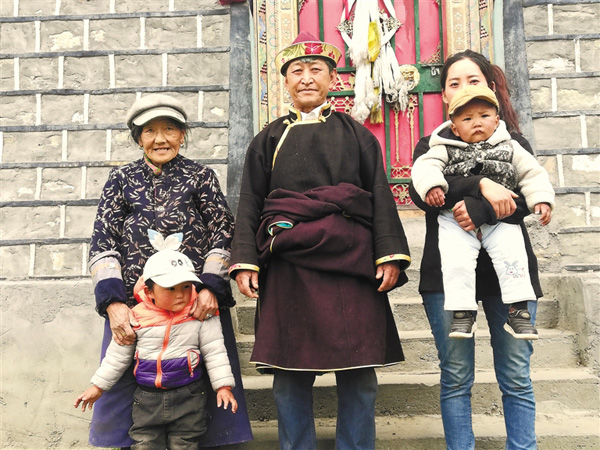
Emancipated serf Nyima Wanggyur: “I want to see the new changes of the motherland!”
“Before democratic reforms, my family had no land, so we had always been Duchung. From the ...
